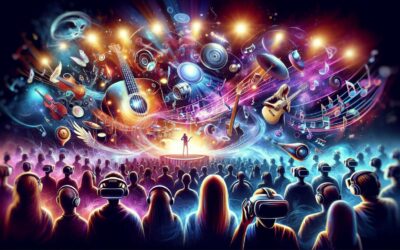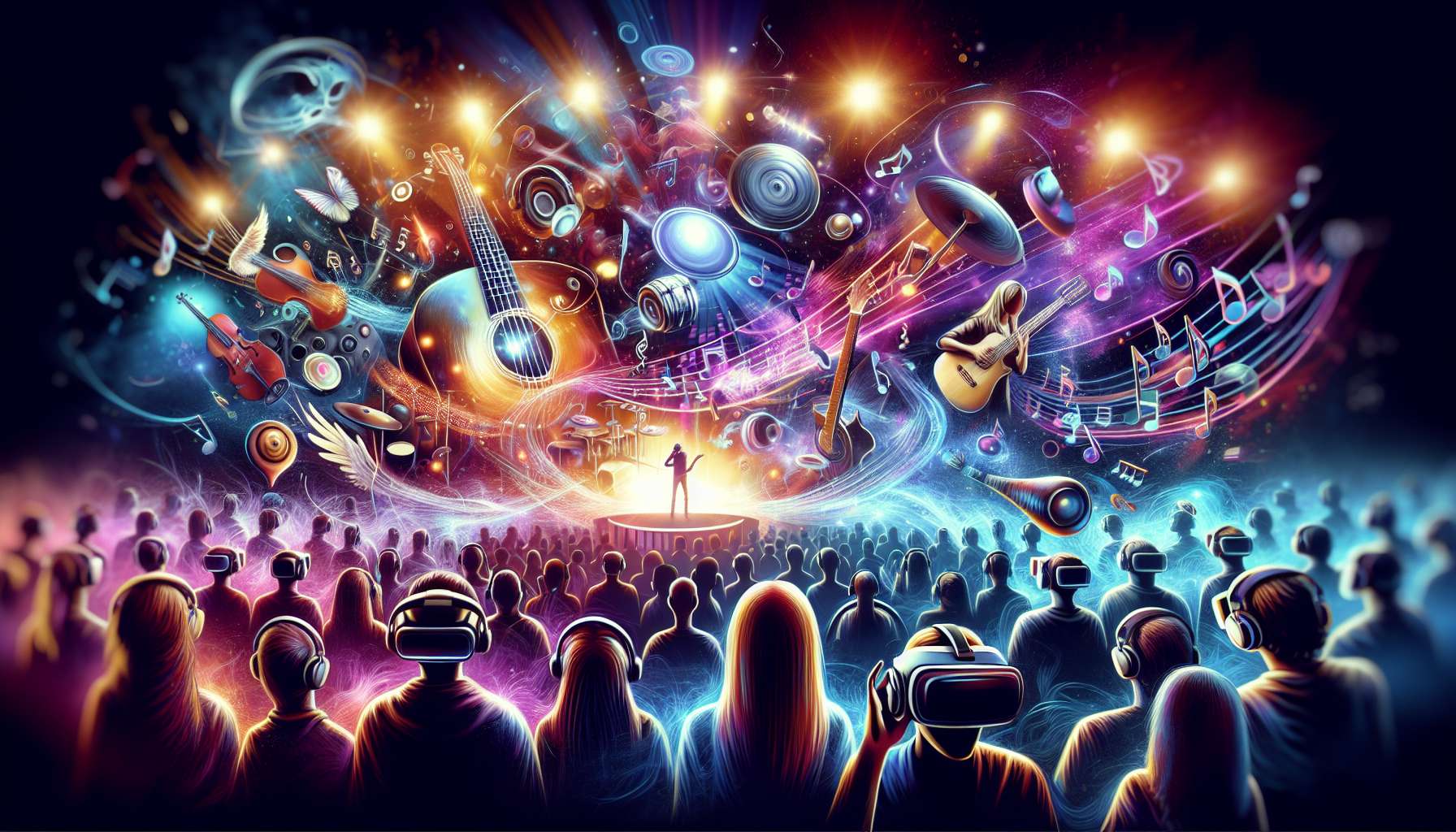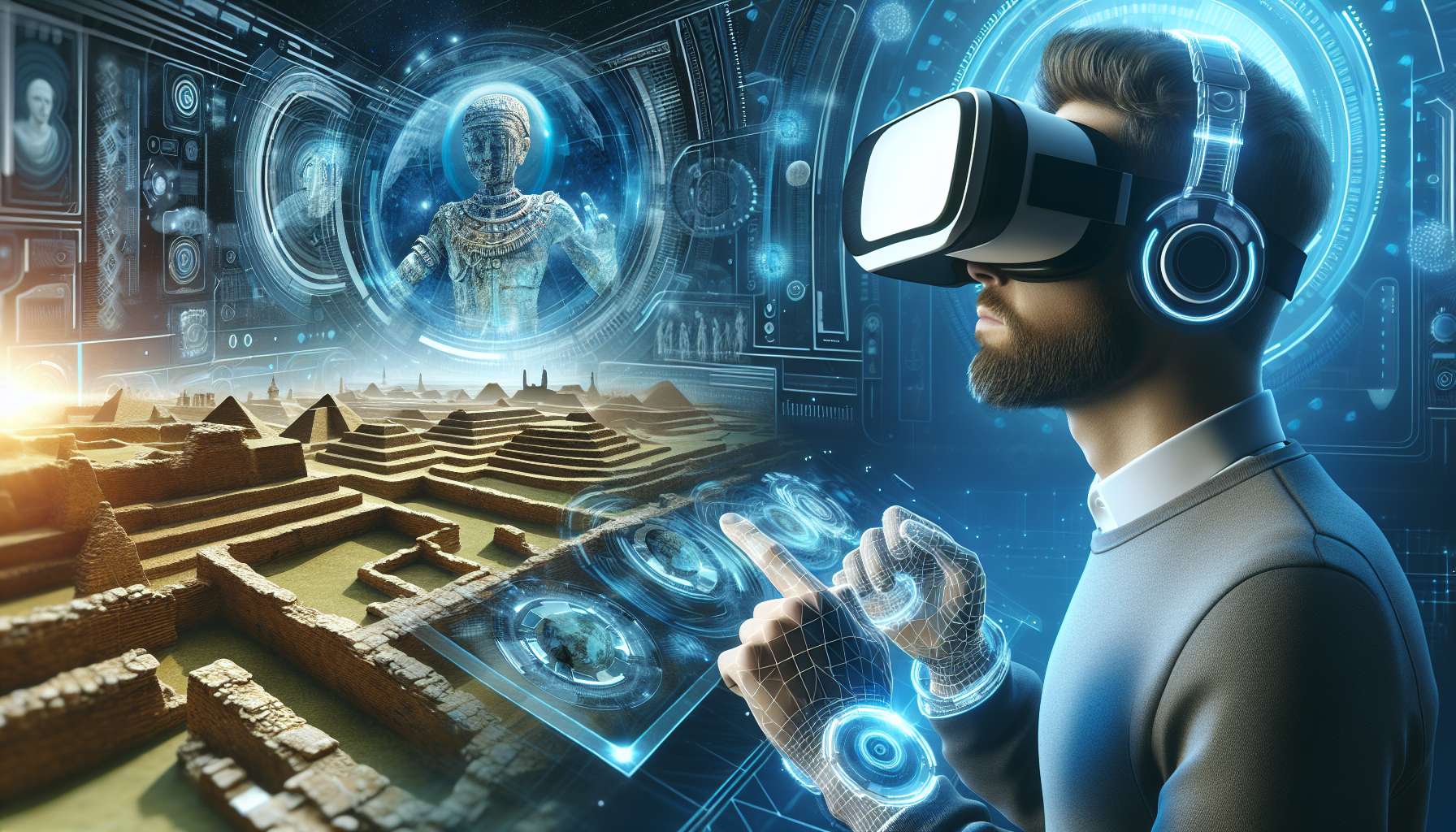Virtual reality (VR) technology has been revolutionizing various industries, and the music industry is no exception. With the ongoing pandemic restricting live events and concerts, virtual reality concerts have emerged as a groundbreaking solution to bridge the physical distance between artists and their fans.
One of the key advantages of virtual reality concerts is the ability to provide an immersive and interactive experience for music enthusiasts. Through VR headsets, viewers can feel as though they are actually present at a live concert, surrounded by the energy of the crowd and the music. This level of immersion adds a new dimension to the concert experience, allowing fans to feel more connected to the performance and the artist.
Furthermore, virtual reality concerts have the potential to reach a global audience without the limitations of physical venues. Fans from different parts of the world can tune in to the same virtual concert, breaking down geographical barriers and allowing artists to connect with a diverse range of listeners. This not only expands the reach of the music industry but also creates new opportunities for artists to engage with their fans in innovative ways.
In addition to providing a unique viewing experience, virtual reality concerts also offer new possibilities for artistic expression. Artists can experiment with creative visuals, special effects, and interactive elements that would not be possible in a traditional live setting. This opens up a whole new world of possibilities for musicians to push the boundaries of their performances and create truly unforgettable experiences for their audience.
Despite the many benefits of virtual reality concerts, there are still challenges to overcome, such as ensuring a seamless technical experience for viewers and addressing issues of accessibility and affordability. However, as technology continues to advance and VR becomes more mainstream, these challenges are likely to be addressed, paving the way for virtual reality concerts to become a staple in the music industry.
In conclusion, virtual reality concerts represent a groundbreaking innovation that has the potential to transform the way we experience live music. By providing an immersive, interactive, and global platform for artists to connect with their fans, virtual reality concerts are bridging the distance in music and shaping the future of the industry.








